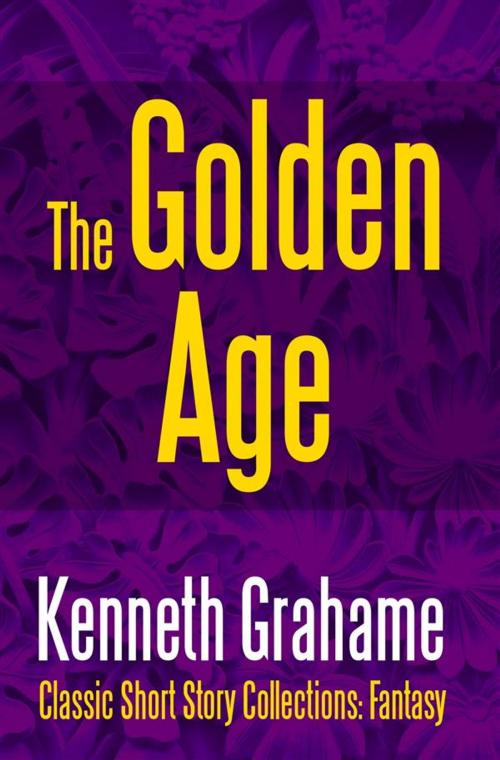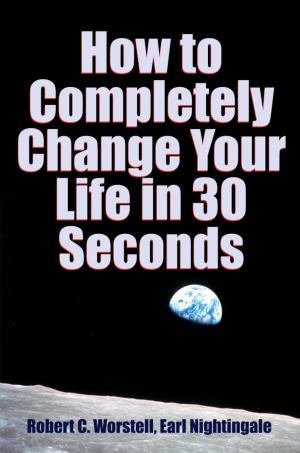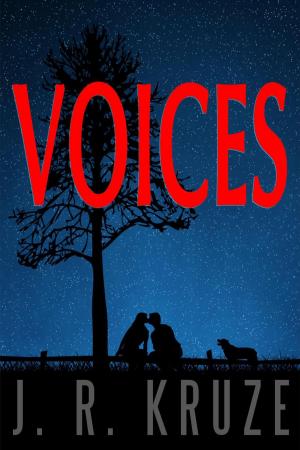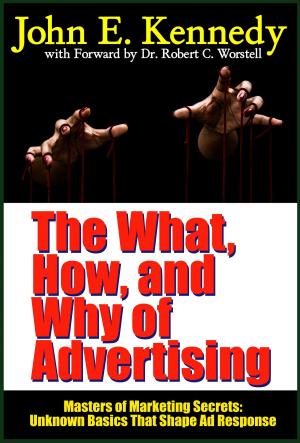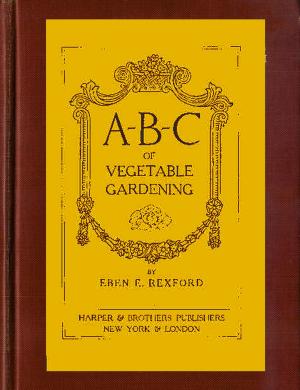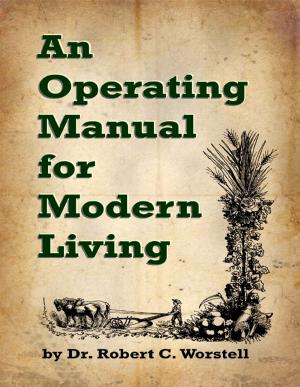| Author: | Kenneth Grahame | ISBN: | 9781387095483 |
| Publisher: | Midwest Journal Press | Publication: | August 16, 2017 |
| Imprint: | Language: | English |
| Author: | Kenneth Grahame |
| ISBN: | 9781387095483 |
| Publisher: | Midwest Journal Press |
| Publication: | August 16, 2017 |
| Imprint: | |
| Language: | English |
Grahame’s reminiscences are notable for their conception “of a world where children are locked in perpetual warfare with the adult ‘Olympians’ who have wholly forgotten how it feels to be young”--a theme later explored by J. M. Barrie and other authors.
The Golden Age is a collection of reminiscences of childhood, written by Kenneth Grahame and first published in book form in 1895, by The Bodley Head in London and by Stone & Kimball in Chicago. The Prologue and six of the stories had previously appeared in the National Observer, the journal then edited by William Ernest Henley. Widely praised upon its first appearance – Algernon Charles Swinburne, writing in the Daily Chronicle, called it "one of the few books which are well-nigh too praiseworthy for praise" – the book has come to be regarded as a classic in its genre.
Typical of his culture and his era, Grahame casts his reminiscences in imagery and metaphor rooted in the culture of Ancient Greece; to the children whose impressions are recorded in the book, the adults in their lives are "Olympians", while the chapter titled "The Argonauts" refers to Perseus, Apollo, Psyche, and similar figures of Greek mythology. Grahame's reminiscences, in The Golden Age and in the later Dream Days (1898), were notable for their conception "of a world where children are locked in perpetual warfare with the adult 'Olympians' who have wholly forgotten how it feels to be young" – a theme later explored by J.M. Barrie and other authors. (Wikipedia)
Kenneth Grahame (8 March 1859 – 6 July 1932) was a Scottish writer, most famous for The Wind in the Willows (1908), one of the classics of children's literature. He also wrote The Reluctant Dragon; both books were later adapted into Disney films, which are The Adventures of Ichabod and Mr. Toad and The Reluctant Dragon.
While still a young man in his 20s, Grahame began to publish light stories in London periodicals such as the St. James Gazette. Some of these stories were collected and published as Pagan Papers in 1893, and, two years later, The Golden Age. These were followed by Dream Days in 1898, which contains The Reluctant Dragon.
There is a ten-year gap between Grahame's penultimate book and the publication of his triumph, The Wind in the Willows. During this decade, Grahame became a father. The wayward, headstrong nature he saw in his little son Alastair he transformed into the swaggering Mr. Toad, one of its four principal characters. The character in the book known as Ratty was inspired by his good friend, and writer, Sir Arthur Quiller-Couch. Grahame mentions this in a signed copy he gave to Quiller-Couch's daughter, Foy Felicia.[10] Despite its success, he never attempted a sequel. The book is still widely enjoyed by adults and children today, (Wikipedia)
Grahame’s reminiscences are notable for their conception “of a world where children are locked in perpetual warfare with the adult ‘Olympians’ who have wholly forgotten how it feels to be young”--a theme later explored by J. M. Barrie and other authors.
The Golden Age is a collection of reminiscences of childhood, written by Kenneth Grahame and first published in book form in 1895, by The Bodley Head in London and by Stone & Kimball in Chicago. The Prologue and six of the stories had previously appeared in the National Observer, the journal then edited by William Ernest Henley. Widely praised upon its first appearance – Algernon Charles Swinburne, writing in the Daily Chronicle, called it "one of the few books which are well-nigh too praiseworthy for praise" – the book has come to be regarded as a classic in its genre.
Typical of his culture and his era, Grahame casts his reminiscences in imagery and metaphor rooted in the culture of Ancient Greece; to the children whose impressions are recorded in the book, the adults in their lives are "Olympians", while the chapter titled "The Argonauts" refers to Perseus, Apollo, Psyche, and similar figures of Greek mythology. Grahame's reminiscences, in The Golden Age and in the later Dream Days (1898), were notable for their conception "of a world where children are locked in perpetual warfare with the adult 'Olympians' who have wholly forgotten how it feels to be young" – a theme later explored by J.M. Barrie and other authors. (Wikipedia)
Kenneth Grahame (8 March 1859 – 6 July 1932) was a Scottish writer, most famous for The Wind in the Willows (1908), one of the classics of children's literature. He also wrote The Reluctant Dragon; both books were later adapted into Disney films, which are The Adventures of Ichabod and Mr. Toad and The Reluctant Dragon.
While still a young man in his 20s, Grahame began to publish light stories in London periodicals such as the St. James Gazette. Some of these stories were collected and published as Pagan Papers in 1893, and, two years later, The Golden Age. These were followed by Dream Days in 1898, which contains The Reluctant Dragon.
There is a ten-year gap between Grahame's penultimate book and the publication of his triumph, The Wind in the Willows. During this decade, Grahame became a father. The wayward, headstrong nature he saw in his little son Alastair he transformed into the swaggering Mr. Toad, one of its four principal characters. The character in the book known as Ratty was inspired by his good friend, and writer, Sir Arthur Quiller-Couch. Grahame mentions this in a signed copy he gave to Quiller-Couch's daughter, Foy Felicia.[10] Despite its success, he never attempted a sequel. The book is still widely enjoyed by adults and children today, (Wikipedia)
